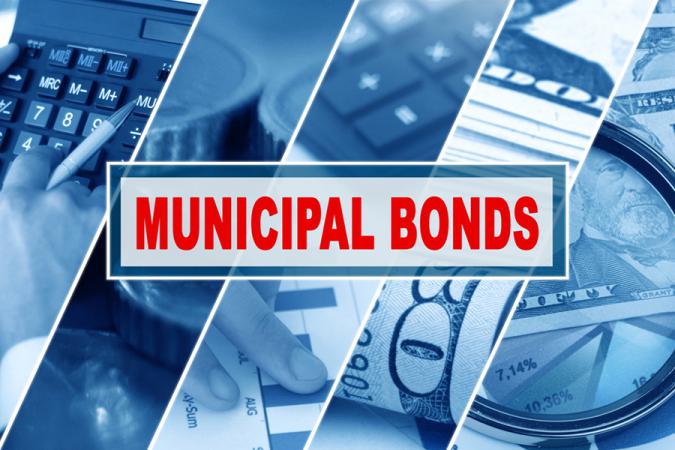 The Fairfax County Redevelopment and Housing Authority (FCRHA) began a tax-exempt financing program in the late 1970s to:
The Fairfax County Redevelopment and Housing Authority (FCRHA) began a tax-exempt financing program in the late 1970s to:
- Encourage the creation of new and preservation of existing rental housing units; and
- Ensure that not less than 20 percent of the units in a rental development financed through the program are rented to lower-income households
Through tax-exempt financing, the FCRHA is able to provide a vehicle for private developers to obtain below-market interest rate mortgages to acquire, construct and rehabilitate multifamily developments. In return for this favorable financing, developers are required to rent a specified percentage of the units in the project to low-to-moderate-income persons in accordance with the requirements of federal law pertaining to tax-exempt bonds.
WHAT IS A TAX-EXEMPT BOND?
Bonds are debt securities issued by corporations and governments. When the FCRHA issues a bond, it borrows money from bondholders (private individuals, commercial banks, institutional investors, etc. who purchase bonds as investments) then uses it to invest in an affordable housing development with a promise of repaying the loan principle and applicable interest on time and in full to the bondholders. Tax-exempt bonds are so called as they are not subject to federal, and in some cases, state and local income taxes.
Under the terms of the Tax Reform Act of 1986, multifamily rental project financed with tax-exempt bonds must be rented to tenants in one of two categories:
- 20 percent of the units must be rented to tenants whose income does not exceed 50 percent of the Metropolitan Statistical Area (MSA) median income, adjusted for family size; or
- 40 percent of the units must be rented to tenants whose income does not exceed 60 percent of the MSA median income, adjusted for family size.

